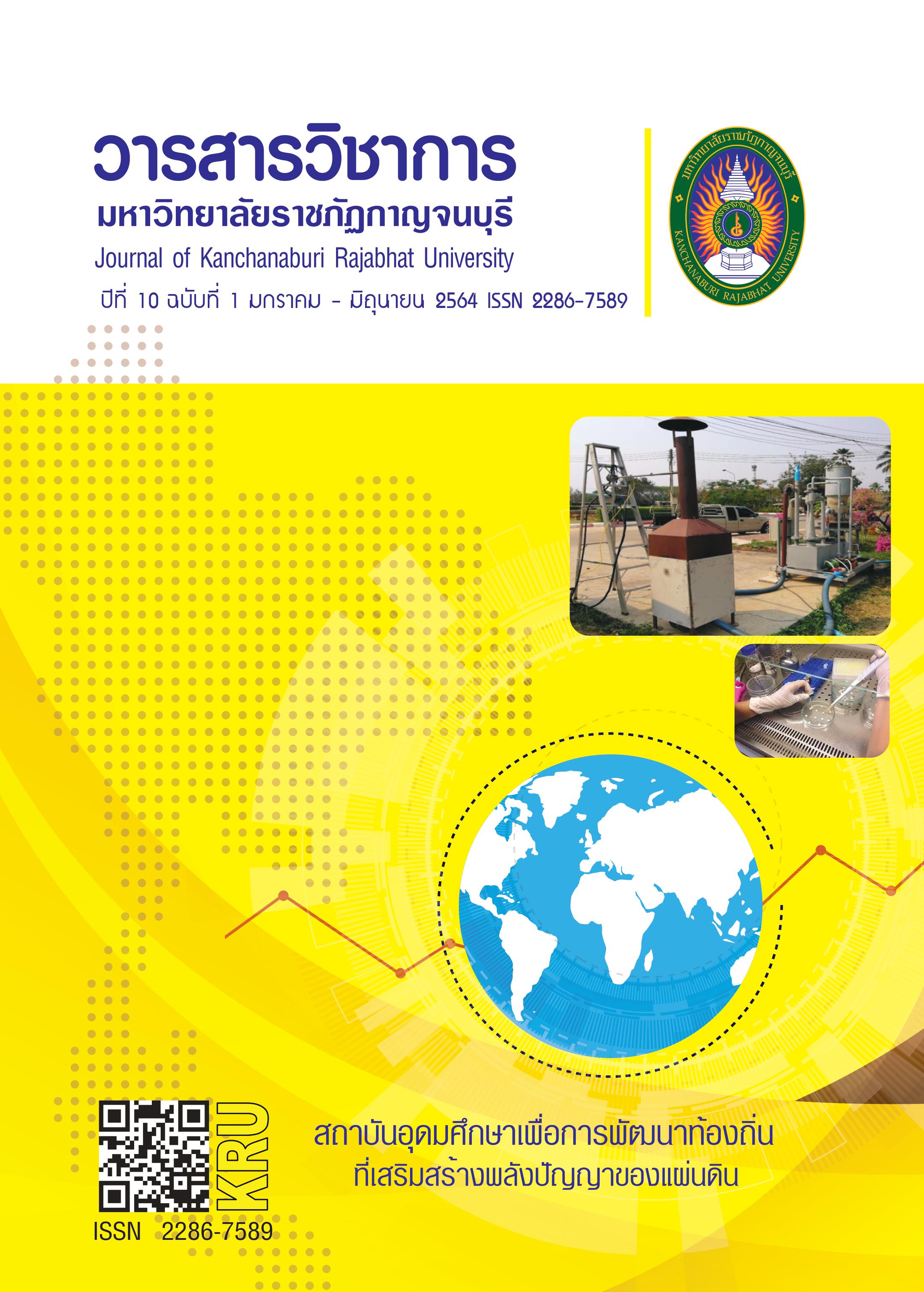DYSLEXIA AND DYSCALCULIA
Main Article Content
Abstract
The technology and research methods of neuroscientists have started to reveal, at the most basic level, what happens in the brain when children learn something new, or cannot read, or cannot do simple calculations.
As these studies mature, it is possible for a child to engage in simple exercises or a teacher to help in ensuring that he/she can learn better. Such interventions can have a huge effect on educational outcomes by reducing the incidences of dyslexia and dyscalculia.
Article Details
References
W.P. Morgan. (1986). History of Dyslexia Research. British Medical Journal. 86(3): 169-93.
doi: 10.1016/S0022-0965(03) 00139-5.
S.H. Susan and L. Moats. (2002). Parenting a Struggling Reader. Paul H. Brookes Publishing
D.B. Bench (2007). Why is Math so Hard for Some Children? The Nature and Origins of
Mathematical Learning Difficulties. Paul H. Brookes H. Publishing.


